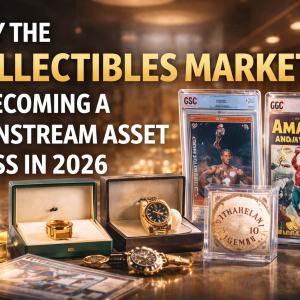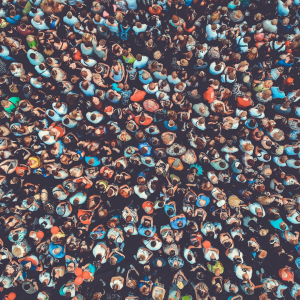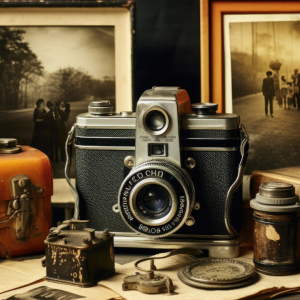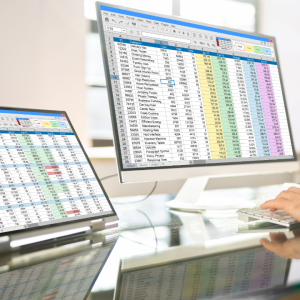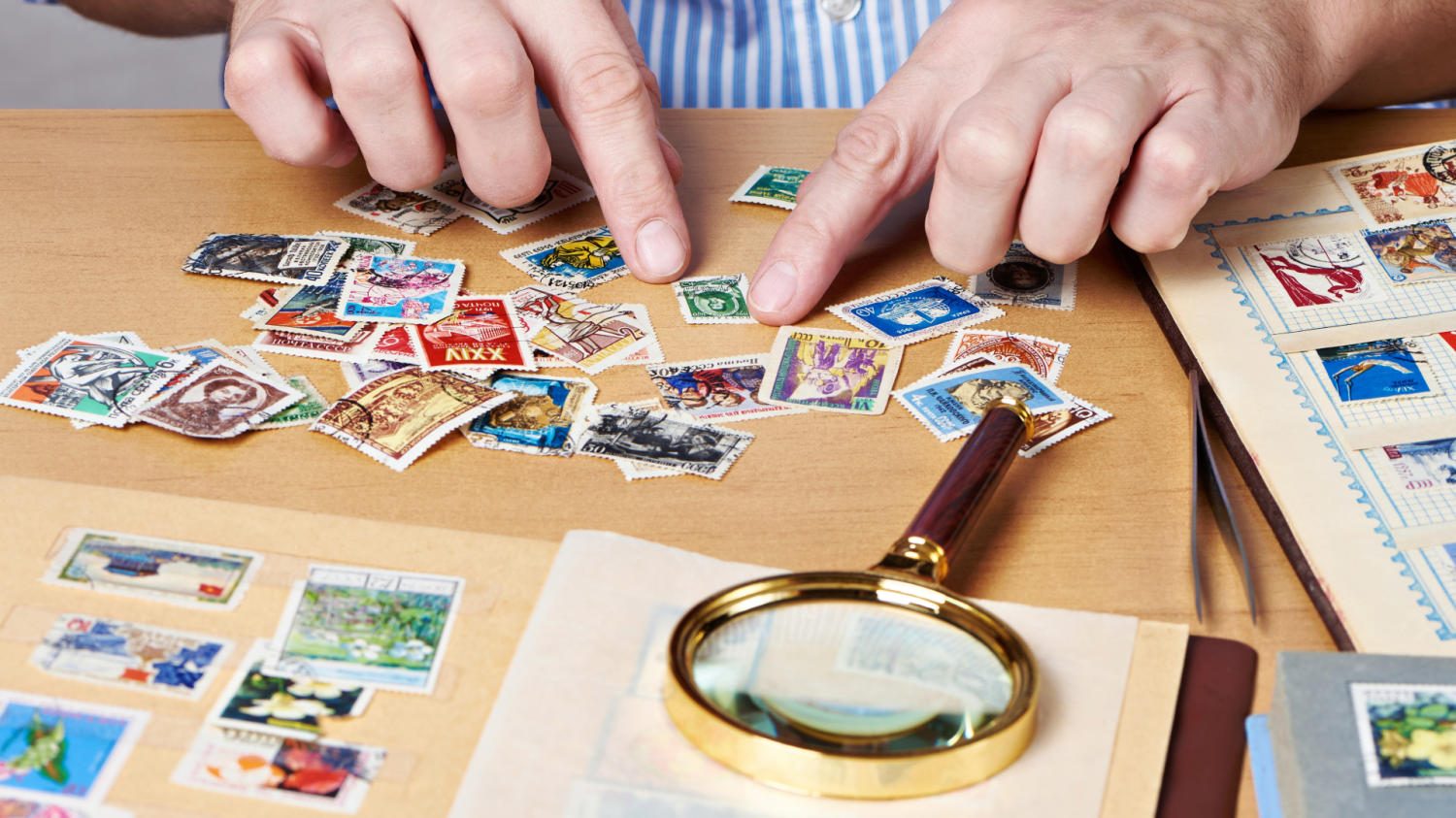Collecting has long been a cherished hobby, transcending generations, cultures, and trends. From the bustling bazaars of ancient civilizations to the immersive digital platforms of today, the journey of collecting tells a story of innovation, connectivity, and evolving passions.
Let’s take a detailed look at how collecting has evolved, driven by technological advancements, changing social landscapes, and the innate human desire to preserve and cherish.
The Roots of Collecting: Local Markets and Barter Systems
Collecting began as a natural extension of humanity’s fascination with the rare and valuable. In ancient civilizations:
- Markets were the hubs for collectors, where traders showcased exotic goods like rare spices, precious stones, and cultural artifacts.
- Bartering was the primary method of exchange, with collectors swapping items of perceived equal value.
- The emphasis was often on tangible items—coins, art, and manuscripts that reflected power, status, or intellectual curiosity.
Collectors had to rely on local networks, personal travels, or word-of-mouth to find their treasures, making the process intimate but limited in scope.
The Rise of Organized Collecting: Clubs and Auctions
With the industrial revolution came increased production, and collecting became more structured:
- Collectors’ clubs began to form, bringing like-minded enthusiasts together to share knowledge and trade items.
- Auction houses like Sotheby’s and Christie’s emerged, providing platforms to buy and sell collectibles, from antique furniture to rare stamps.
- The growth of catalogs and publications created early forms of centralized databases for collectors, offering them insights into market trends and valuations.
This era brought organization to the hobby but was still largely exclusive, favoring those with access to certain networks or resources.
The 20th Century Boom: Globalization and Media Influence
The 20th century revolutionized collecting:
- Globalization expanded access, with items being shipped across countries and continents.
- Mass production introduced affordable collectibles, from baseball cards and action figures to comic books, appealing to younger generations.
- Pop culture became a significant driver, with films, TV shows, and music inspiring entire collectible categories (think Star Wars memorabilia or vinyl records).
Collectors now had access to more items, but the hunt remained challenging, requiring significant time and effort to build a collection.
The Digital Revolution: Collecting Goes Online
The internet was a game-changer for collectors, breaking down geographical and logistical barriers:
- eBay and other online marketplaces provided unprecedented access to global buyers and sellers.
- Collectors could research, compare, and purchase items from the comfort of their homes.
- Online communities and forums emerged, enabling collectors to share knowledge, showcase their treasures, and even arrange trades or sales.
However, this explosion of access also brought challenges, such as counterfeit goods, misrepresentation, and a lack of personal connection compared to traditional markets.
The Modern Era: Digital Platforms and Personalization
Today, collecting has entered an exciting new phase, powered by advanced technologies and interconnected communities:
- Specialized digital platforms have emerged, offering features tailored to collectors’ needs.
- AI and machine learning provide personalized recommendations, helping collectors discover new items and trends.
- Blockchain technology is revolutionizing authenticity, allowing for secure provenance tracking of high-value items like art and luxury goods.
- Augmented reality (AR) allows collectors to visualize how items might fit into their collections before purchase.
The Future of Collecting: Community and Innovation
Collecting is now more inclusive and accessible than ever, welcoming enthusiasts of all levels and interests:
- Virtual communities foster collaboration and connections among collectors worldwide.
- Eco-friendly innovations encourage sustainable collecting, such as digital NFTs or upcycling items.
- The lines between physical and digital collections blur, with hybrid collectibles gaining popularity (e.g., physical items with a digital certificate of ownership).
MPC (My Premium Collection): The Ultimate Destination for Collectors
As the world of collecting continues to evolve, MPC (My Premium Collection) is at the forefront, offering a platform designed to meet the needs of modern collectors:
- Comprehensive tools for managing, organizing, and showcasing your collection.
- A vibrant community of like-minded enthusiasts ready to connect, collaborate, and trade.
- Advanced features like tailored market insights, secure trading options, and personalized recommendations to enhance your collecting journey.
- Support for collectors of all kinds—whether you prefer to keep your collection private or share it with the world.
At MPC, we believe collecting is more than a hobby—it’s a passion and a legacy. We’re here to help you preserve your treasures, discover new ones, and connect with others who share your enthusiasm.
Ready to take your collecting journey to the next level? Join MPC today and become part of a growing community where your collection truly shines. Let’s build the future of collecting together.
With MPC, your collection isn't just stored—it’s celebrated. Join us and experience the evolution of collecting firsthand!

